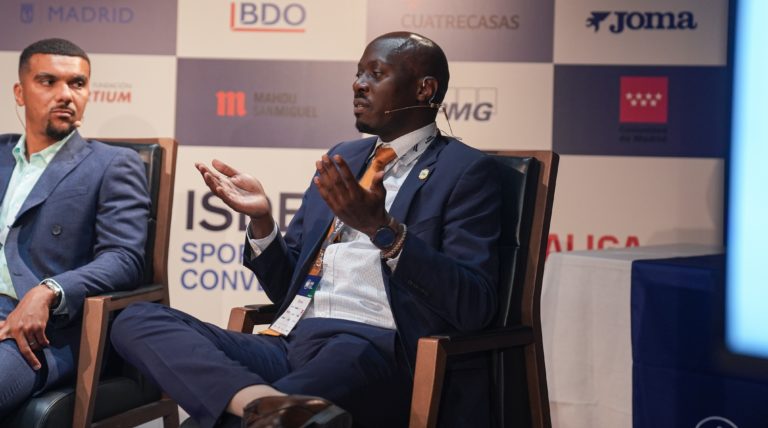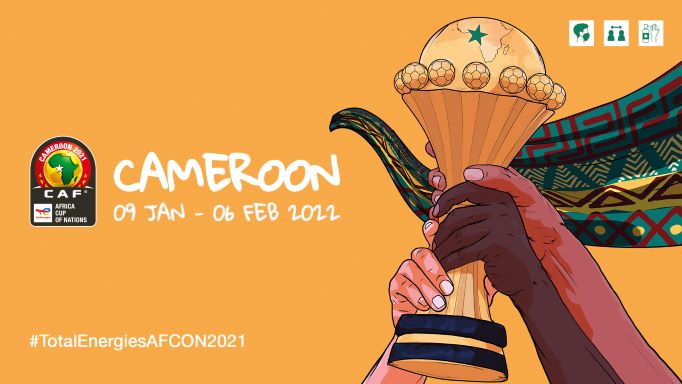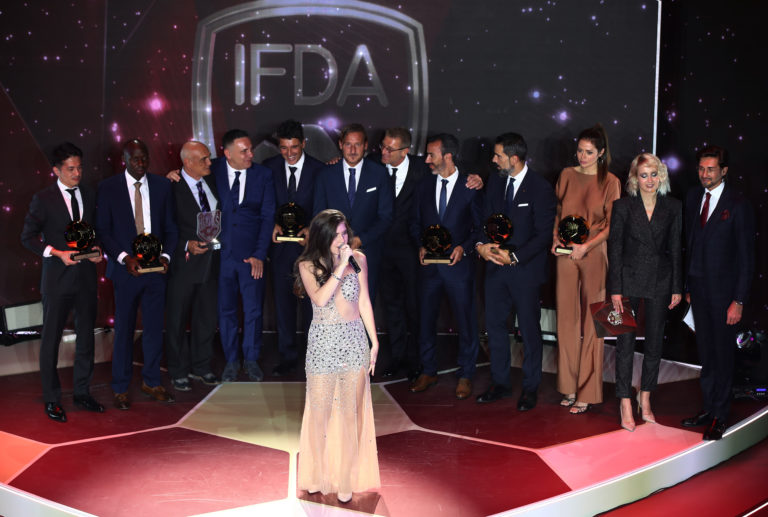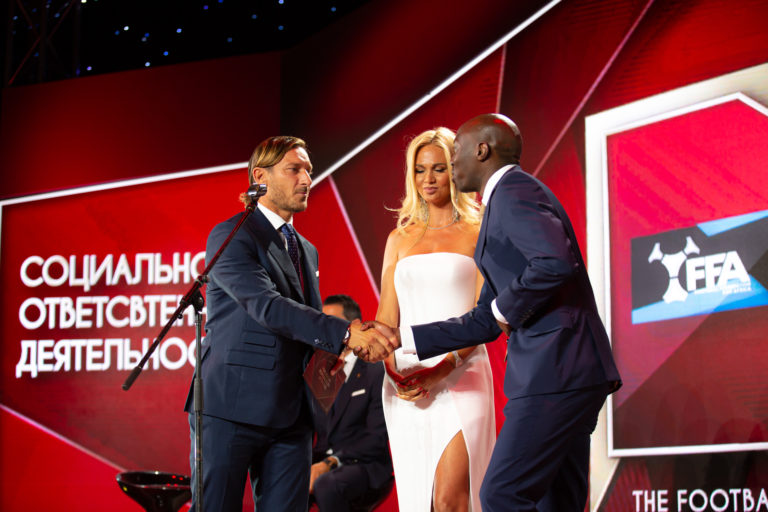The Diary of a Bald Black Man
The “IT professional” turned sports entrepreneur serving Africa’s youths through education and football.
Latest Posts
Seven years ago, I left the comfort and predictability of formal employment to pursue a vision: to serve Africa’s youth using my gifts, intellect, and love for football...
The recent news of Rwanda launching an official bid to host a Grand Prix in the future has been met with excitement in African sports circles. Seven-time F1 world...
I thought it was a bathroom, but as I took in my constrained surroundings, I realised it was not a friendly place. I shifted my body and got up. I knocked on the door and...
You often don’t get to have dinner at the Hilton Hotel, especially not on a student budget! In the final semester of our degree programme at the University of...
It just occurred to me that Kenya was once an African football powerhouse going by CAF records. For some reason, I thought the constant complaining about the state was...
She asked me which team I used to play for. I started to explain that I was not one of the legends, "I run The Football Foundation for Africa. It's an organisation.."...
By Odindo Ayieko When his friend, a former teammate at Strathmore University football club was gunned down by police five years ago in Tanzania on suspicion of engaging...
Back when I was a boy, about eight or nine years old, video games were a rare spectacle. Few households owned a console, Atari, Nintendo or SEGA. Therefore, it was common...
On July 21st 2009, I left my country for the first time in my life. I was bubbling with energy ready to take up an opportunity that had virtually fallen on my laps...










